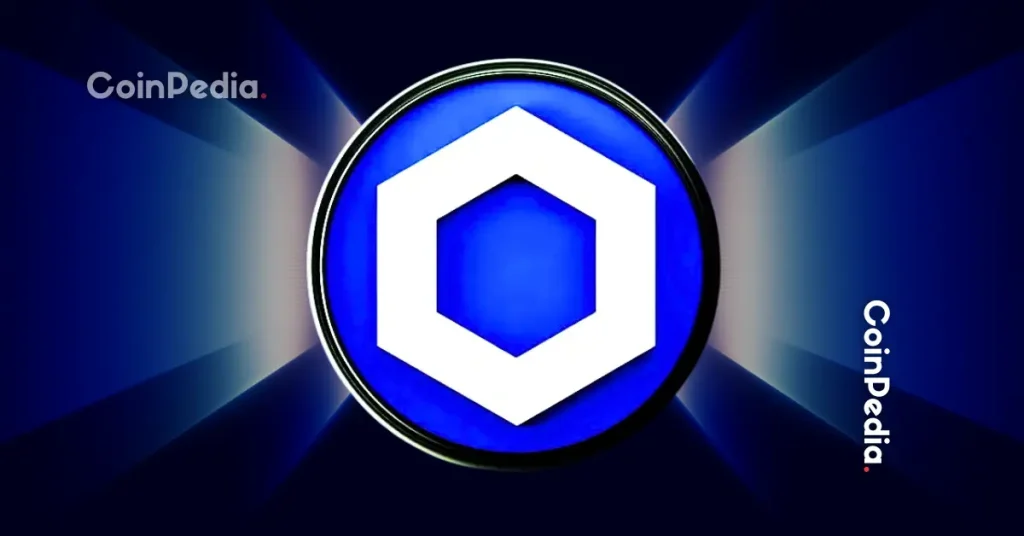
The post Chainlink Co-Founder Explains How Chainlink Standards Cut Transaction Complexity by 90% appeared first on Coinpedia Fintech News
Chainlink co-founder Sergey Nazarov recently explained how standards are the foundation of all blockchain and DeFi transactions. By creating a unified framework, Chainlink’s goal is to reduce complexity, improve reliability, and connect DeFi with the broader financial system.
Read on to see how these standards are transforming the future of finance.
How Blockchain Transactions Have Evolved
Nazarov starts off by noting that whether it is trades on DEXs, stablecoin payments, real-world asset (RWA) transfers, or cryptocurrency transactions, everything in the industry comes down to transactions.
In the past, transactions on a single chain were simple and guaranteed by that chain’s standards. But the scope of transactions has now changed dramatically. Transactions often span multiple blockchains and rely on external systems like data, identity, compliance, and even AI.
They need a broader framework that ensures data is not manipulated, identity and compliance requirements are met, and AI systems are both useful and secure.
How Chainlink Standards Simplify Transactions
So with a single global standard for transactions, like the Chainlink set of standards, much of the complexity disappears. Users will no longer have to worry about how to send tokens, because both parties operate on CCIP, the cross-chain interoperability protocol.
Data usage becomes simpler too, as both sides follow Chainlink’s data standards to value assets. Identity verification is streamlined through CCID and Chainlink identity standards.
This results in a dramatic reduction in complexity, up to 75–90%, leaving just the final terms to agree on.
He stresses that standards are the key to reducing friction and enabling global connectivity in finance. Chainlink is currently leading the way in providing these standards.
Chainlink Powers DeFi and TradFi
Chainlink now powers the majority of DeFi and is increasingly adopted in TradFi for cross-chain operations, data, and other critical smart contract components. Besides, various teams have built services that implement them in practical ways, like Chainlink data services, cross-chain services, and identity services.
He explained that before using any infrastructure, participants must first agree on the technical details of a transaction. Without a standard, even simple trades become extremely complex and costly.
This added complexity has been a major barrier preventing institutions and large capital from entering DeFi.
Chainlink Goals for Global Financial Standards
Nazarov notes that Chainlink’s goal is to create standards that work for more counterparties and larger pools of capital, along with infrastructure that reliably implements those standards.
If successful, these standards and services could become the open global standard powering the next generation of the financial system.
Chainlink already powers over 70% of DeFi, and now its standards are being adopted in traditional finance as well.
By setting clear standards, Chainlink is making complex blockchain transactions easier, faster, and more reliable.

 1 day ago
15
1 day ago
15














 English (US) ·
English (US) ·